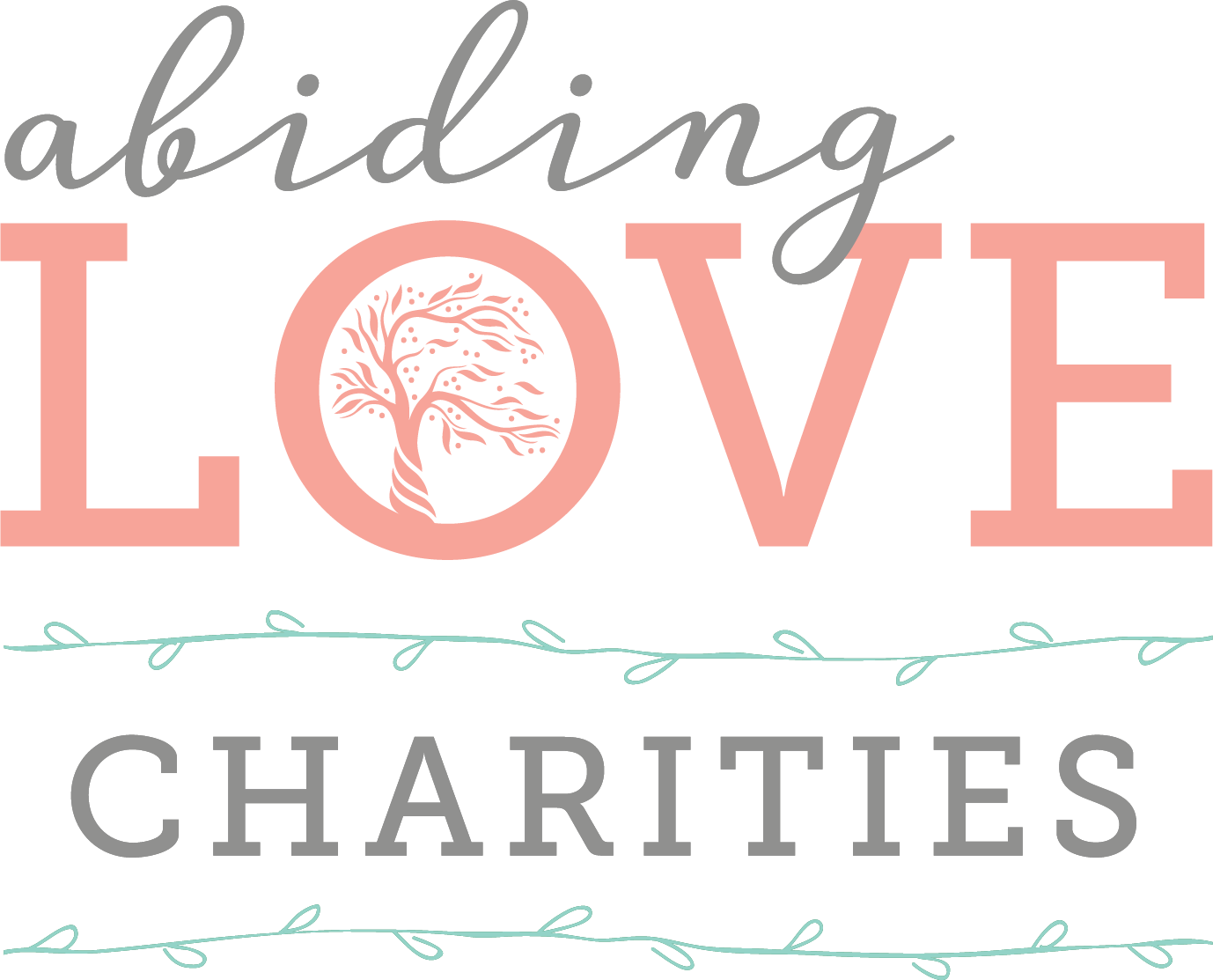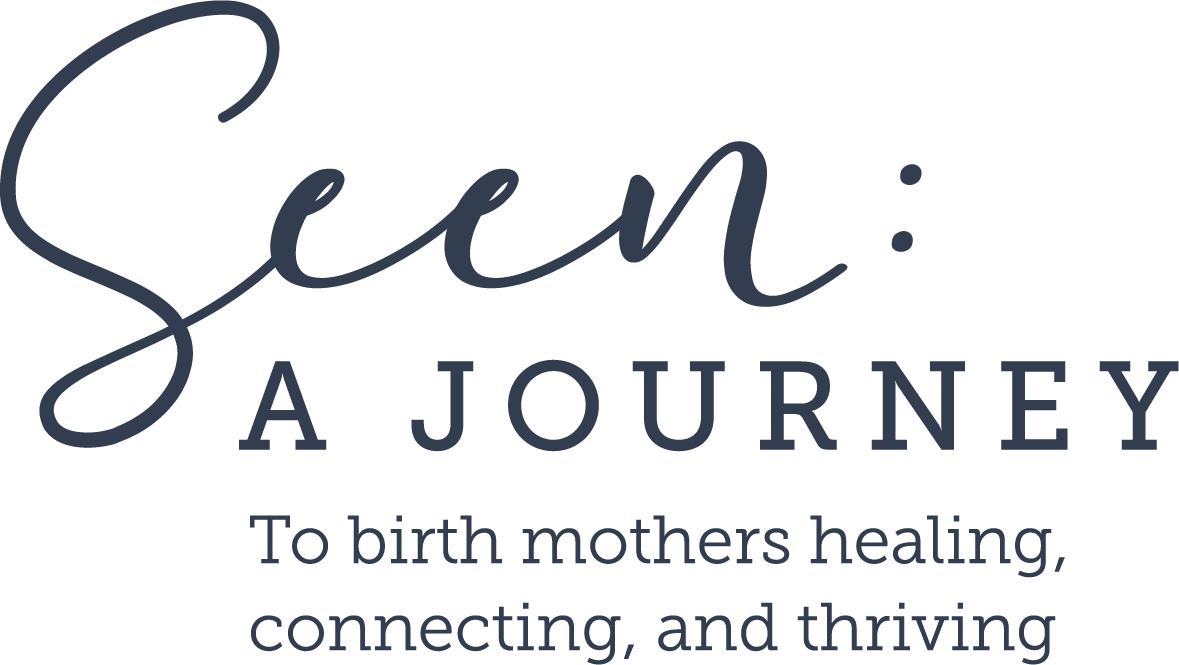At the beginning of our marriage, my husband and I struggled with understanding the prior experiences that shaped who we were as individuals. We had to figure out a way to communicate how our life experiences affected us on a day-to-day basis. I entered our relationship with unidentified and unresolved adoptee abandonment issues. My communication style was influenced by trauma. The way I gave and received loved was influenced by trauma. My relationship with The Most High, was influenced by trauma. I was walking through life as the little girl who was left in an orphanage, yearning, and crying for her mother. I was abandoned and I have yet to heal from that primal wound.
People often wonder how a well-adjusted and educated individual can feel the impact of their adoption for years to come. Creating a Family describes The Primal Wound as “severing the connection between the infant and biological mother [through adoption] causes a primal wound which often manifests in the sense of loss (depression), basic mistrust (anxiety), emotional and behavioral problems and difficulties in relationships with significant others.”
Understanding The Signs Of Adoptee Abandonment Issues
Our mothers are our first loves, and the separation of such love will be a baby’s first heartbreak. There is power in knowing and understanding the reasons behind certain behaviors and emotions. I have spent much of my life emotionally suffering but not knowing how to heal.
Signs of Abandonment Trauma
- Feeling insecure
- Depression
- Feeling an obligation to please others
- Inability to trust others
- Separation anxiety
- Eager to attach to others
- Cautiousness towards relationships
- Hypersensitive to critic
- Fear of being left behind
- Fear of conflict or conflict avoidant
- Perfectionist
- Powerful desire to control everyone and all situations
This list is just a fraction of the long-term signs of abandonment trauma within adoption. Abandonment manifests in numerous ways while also having long-term psychological, physical, emotional, and spiritual effects. The trauma of my abandonment has led me down a road of anxiety, depression, conflict avoidance, distrust, and so forth. During the first couple of years of my marriage, I would have panic attacks when my husband would leave the house for work, errands, and friend meetups. My husband interpreted my panic attacks as a distrust towards him which caused many uncomfortable discussions and arguments.
I did not have the words or the cognitive dissonance to articulate my thoughts and actions. After a year of therapy with an adoption-competent therapist, I learned the root cause of my debilitating panic attacks. I; The little girl who lost her birth mother, who was left in an orphanage, placed for adoption, and flown to a foreign land was crying out, to anyone who would listen. Please do not leave me, promise me you will come back for me.
Even in all its glory, adoption is the product of brokenness. The deepest and most profound relationship is being severed. Our mothers are our first home, our first love, and our first safe space. It is imperative to sit in this truth, to feel uncomfortable, and to not have the answers. Adoptees do not have the privilege of not feeling. Adoptee abandonment issues need to be acknowledged and addressed to ensure healthy and balanced relationships in adulthood.
Adoption is a lifelong journey. It is an ebb and flow of experiences and emotions. There will be times when you feel whole and then the next day you feel lost. Much is asked and required from adoptees and for me, as a transracial adoptee, that can be overwhelming and triggering. Peace be with you, and rest assured you are not alone.
Action Steps
- Journal, draw, write music, sing or anything that will allow you to channel and sort through your emotions.
- Listen to adoptee led podcasts.
- Read or listen to books that amplify adoptee voices
- Go to therapy. Remember to always seek a competent adoption therapist.
- Find your tribe. Find an in person or virtual adoptee led support group.
Dealing with adoptee abandonment issues is complex. For adoptees that first admit they suffer from these issues, the next step is to get active in the healing process.
If you need help finding a support group, email; myrlene@abidinglovecharities.org


